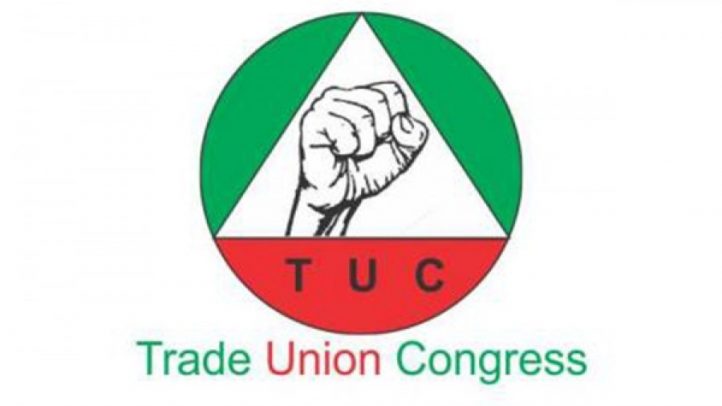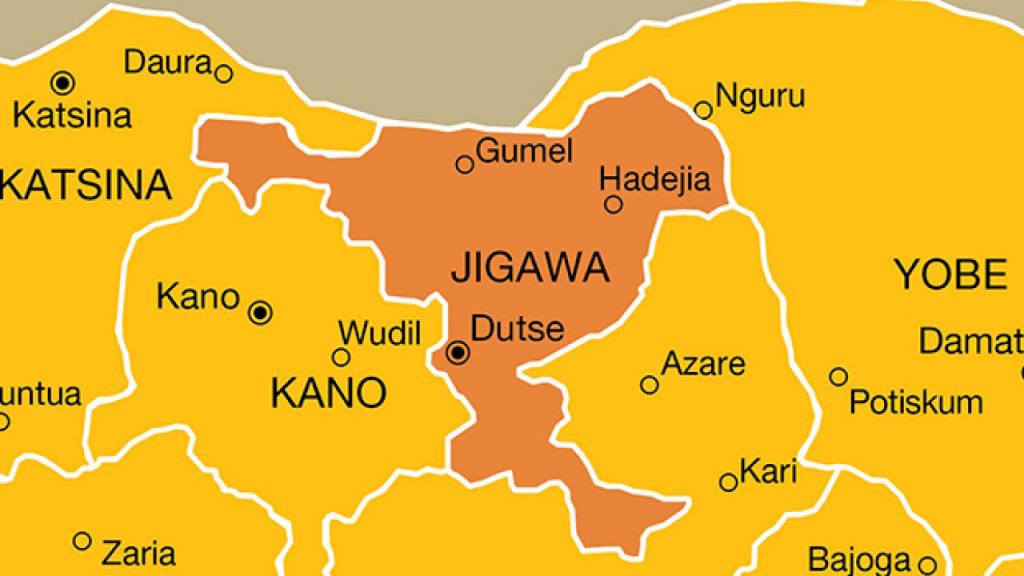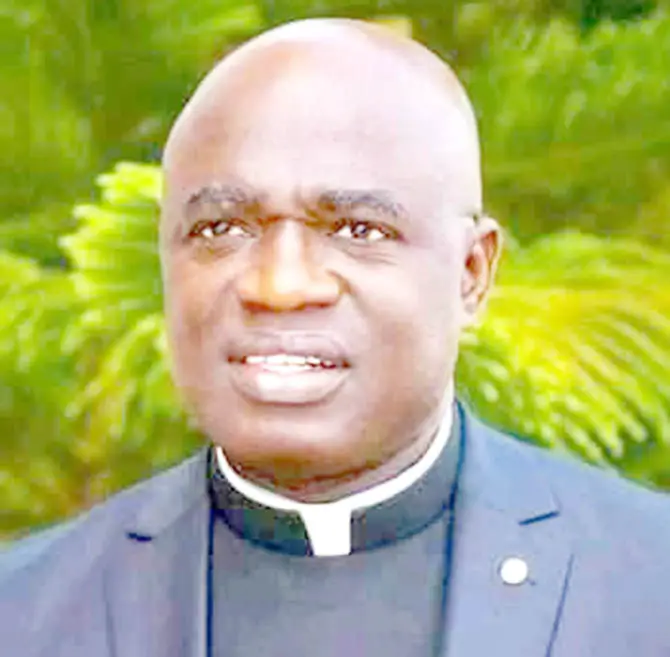By Olu Fasan THE recent resurgence of military coups in Africa calls for further exposition, and I would do that here through the theory of militarism. From a cause-and-effect point of view, it’s futile, even irrational, to condemn coup d’états and ignore their root causes. Unfortunately, a lot of contrived denunciation has dogged recent coups in Africa, whereas the underlying problems are glossed over. Indeed, some would view this piece as “coup-baiting”. Yet, the real coup-baiting is the failure of politicians to recognise that soldiers are their real rival for power, and that they must do the right things, democratically and in good-governance terms, to keep the military in the barracks and out of politics. But what do I mean by soldiers being politicians’ real rival for power? Well, there are only two ruling classes, two ‘political parties’, in Africa: the political class and the military class. Conventionally, only the political class has legitimacy to govern. That legitimacy derives from the fact that the political class consists of rival political parties that compete for power through elections, based on alternative visions, ideologies and policies. However, that’s not the case in Africa. Although most African countries have a multiparty system, they are, in fact, a one-party state. The political parties are effectively one omnibus party, with no distinguishing features,while incumbents cripple state institutions, stifle dissent and oppositional politics, and rig ‘elections’. It’s liberal democracy in name only! In such a de facto one-party state, the military becomes the de facto alternative ‘political party’, lurking in the background. Once social division and political instability spread across a country and despondency and discontentment fill the air, it’s just a matter of time before the military receives the implied consent to strike. I say “implied consent” because the spontaneous jubilation on the streets after most successful coups can only suggest that things had gone so bad and that the people were mentally prepared for military intervention, even if they did not directly call for one. A few years ago, General Ibrahim Babangida, a former military head of state and coup veteran, granted an interview to some journalists. “Let me give you a lesson today,” he told his interviewers. “A coup comes about if there is frustration in the society,” he said, adding emphatically: “Just get that right.” Of course, Babangida was right. Militarism thrives on political instability. In developing countries, soldiers may subordinate themselves to civilian control and stay in the barracks, but they never renounce their self-defined vocation as the ultimate guarantor of the state when things go terribly wrong in the political system. Research by two American scholars, Jonathan Powell and Clayton Thyne, shows that there have been more than 480 coup attempts globally since 1950. Almost half of these have been in Africa, of which more than 100 succeeded. Seventeen of the 18 coups worldwide since 2017 have been in Africa. And, of course, since 2019, there have been successful coups in Sudan, Mali, Chad, Guinea, Burkina Faso, Niger, and Gabon. The spate of coups has prompted concerns about a “coup contagion” in Africa. Indeed, in a recent article titled: “Vulnerable regimes await next coup”, a Financial Times writer said that many African leaders would be asking themselves: “who might be next”? But should anyone shed tears for those removed from power in recent coups or those that might be toppled in future ones? Well, no; not when they were/are beneficiaries of fraudulent elections, tenure elongation or dynastic rule. Writing in the London Sunday Times, the British journalist and author Tim Marshall put it this way: “After each coup, other countries call for ‘return to democracy’, but there is rarely an admission that what was overthrown was typically far from democratic.” Of course, he’s right! Take Gabon. Who would weep for Ali Bongo Ondimba, whose family ruled Gabon for 56 years; his father, 42 years, himself, 14? Or would anyone condemn as an “unconstitutional military takeover” a successful coup against any of the following: Paul Biya, 90, president of Cameroon since 1982; Denis Nguesso, 79, president of Congo since 1997; Faure Gnassingbe, 57, who succeeded his father in 2005 after ruling Togo for 38 years; and Teodoro Obiango, 81, the world’s longest serving president who has ruled Equatorial Guinea since 44 years ago. There are others like Alassane Qattara, 81, who has ruled Ivory Coast since 2010! The main argument against coups is that they involve a change of government through force rather than democratic process. But as John F. Kennedy famously said: “Those who make peaceful revolution impossible” – through rigged elections, tenure elongation and dynastic rule – “will make violent revolution inevitable.” Therefore, it’s a moot point whether coups are right or wrong. The real questions are: Why do politicians create the climate for coups? And why is democracy practised in a way that makes it possible for soldiers to justify coups? Unfortunately, instead of doing the right things democratically to prevent coups, some African leaders are trying to neuter their country’s armed forces. For instance, immediately after Gabon’s coup in August, President Paul Kagame of Rwanda sacked 924 senior military officers, and President Biya reshuffled Cameroon’s top military brass, sacking many high-ranking military officers. But such pre-emptive moves may not stop restive soldiers from attempting coups. In 1999, when General Obasanjo, a former military head of state, became president, he retired many senior officers deemed to be politically ambitious. Successive presidents similarly purged the military. Yet, although Nigeria has enjoyed uninterrupted civil rule since 1999, there have been several coup scares, with many alleged coup attempts reported under President Buhari’s administration. The Economist Intelligence Unit classifies Nigeria as a “hybrid democracy”, characterised by low level of trust in political institutions and election results, regular electoral frauds, widespread corruption around elections, anaemic rule of law and pressure on the media and the judiciary. Thus, while democracy is virtually universally revered as the best form of government, it has not lived up to its billing in Nigeria.














